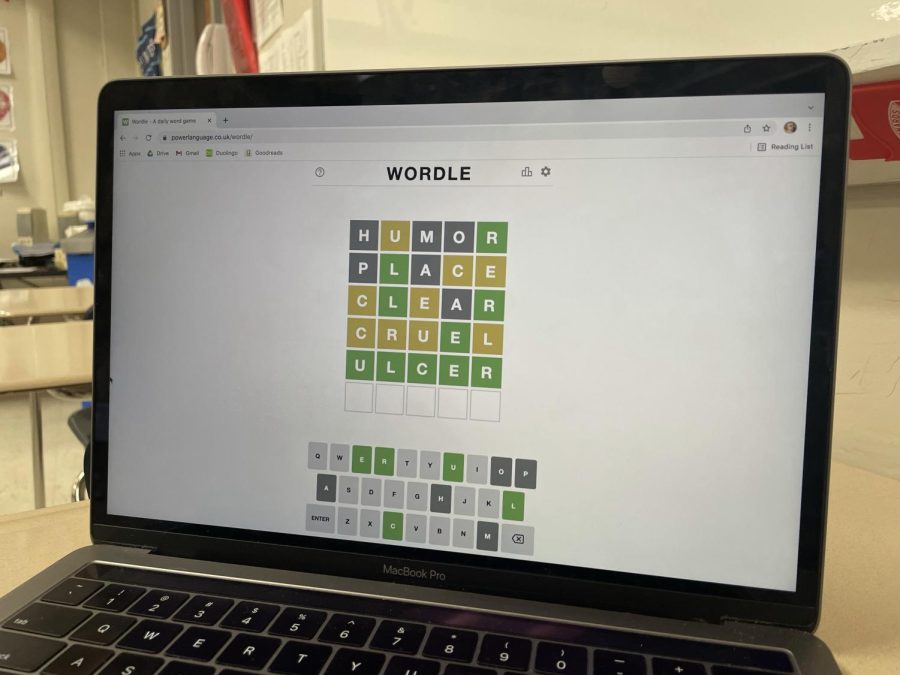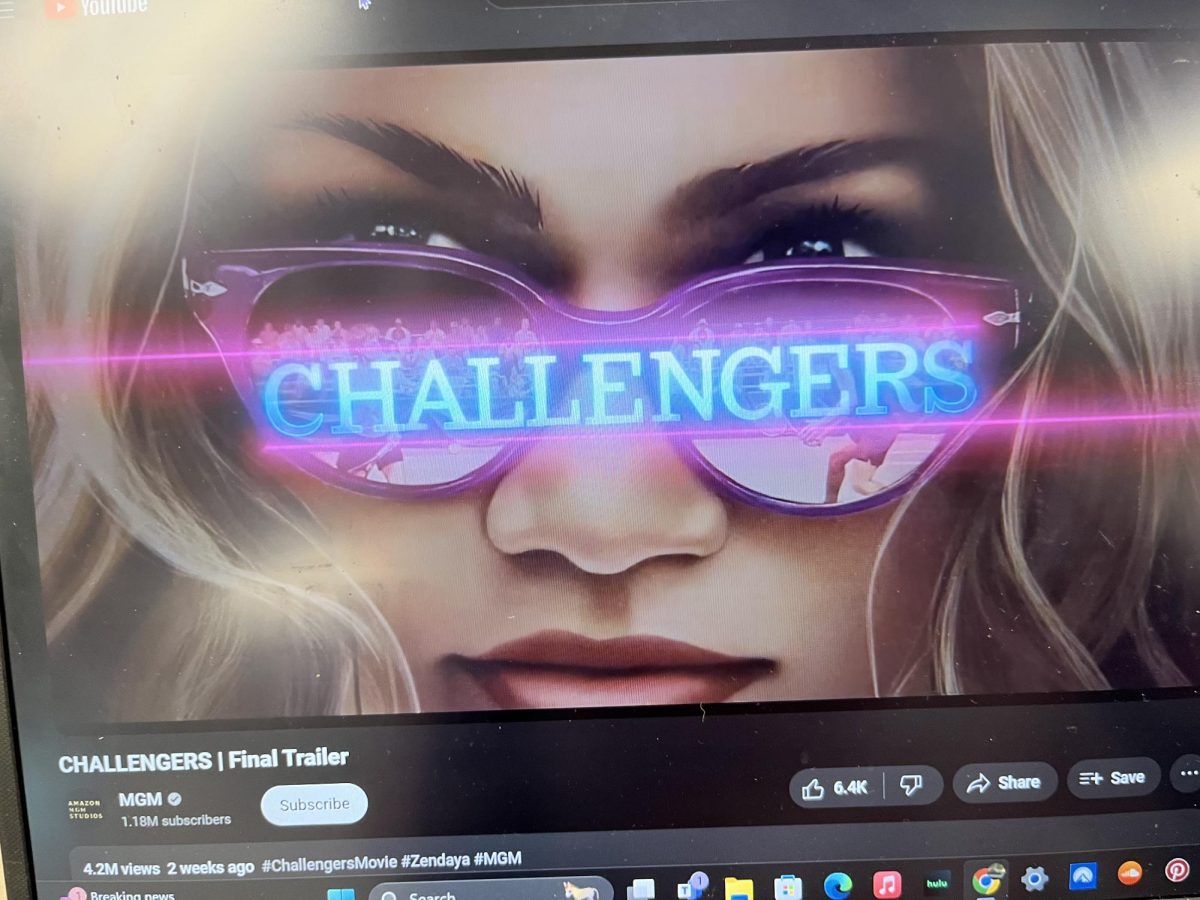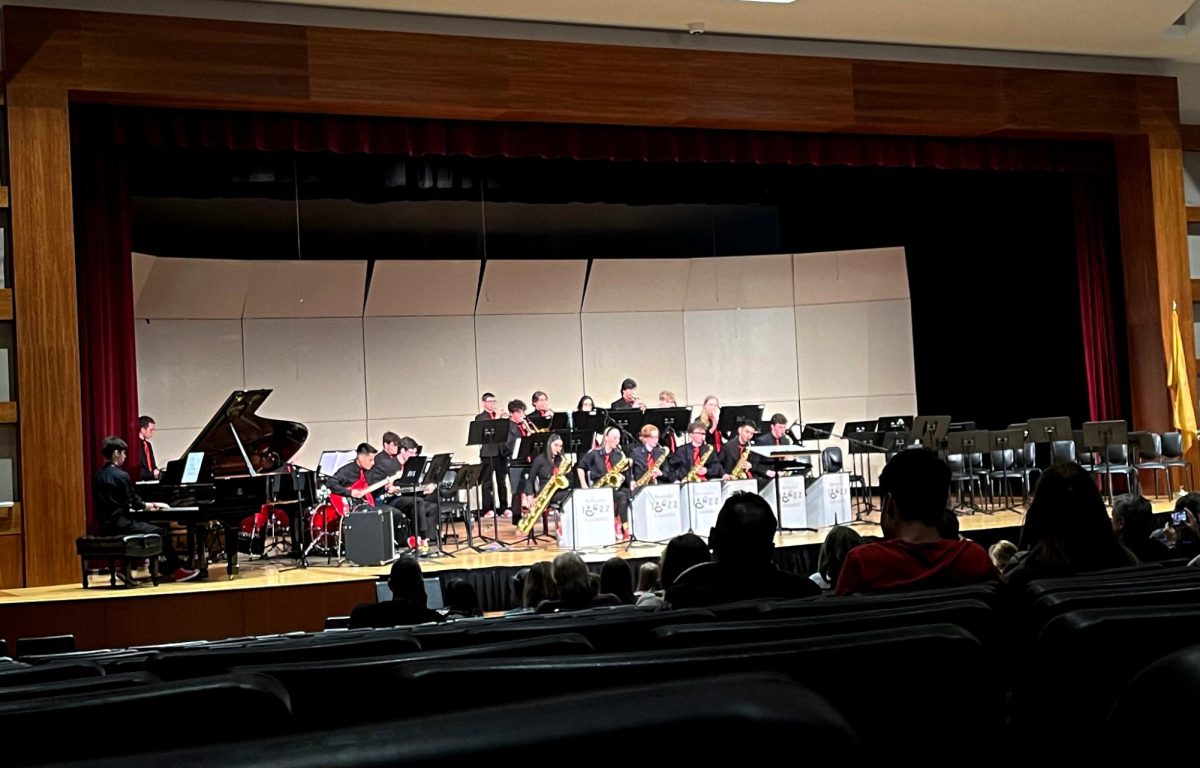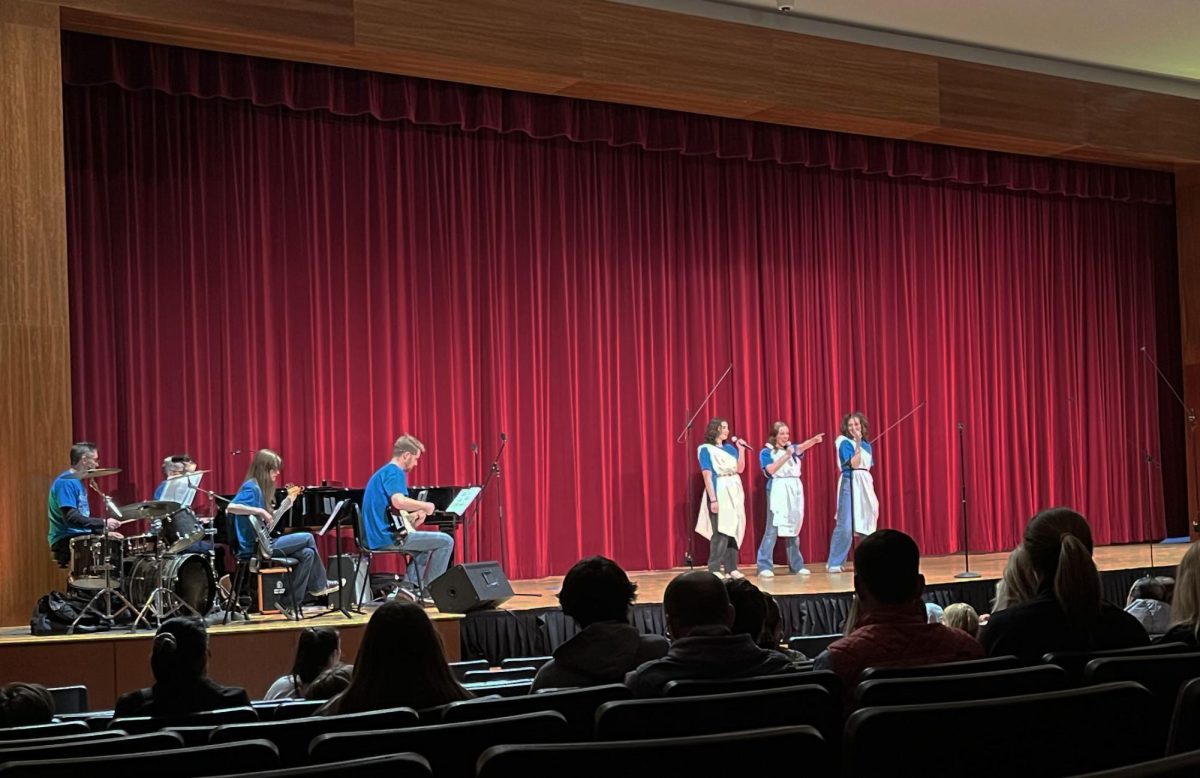Just two months into 2022, one game already has the internet hooked. It’s unanticipated popularity seemed to surge overnight, capturing the attention of a million puzzle lovers worldwide. Your friends are playing it. Your family is playing it. Even your teachers and your boss are playing it. It tests the bounds of your vocabulary as you try to pin down the random, daily five-letter word in as few tries as possible. The game that has everyone buzzing is none other than the latest pandemic obsession: Wordle.
In a generation where apps compete for our attention through push-notifications and advertising, Wordle stands apart with its sheer simplicity. At face value, it almost appears too simple–an aimless guessing game. With each attempt, it displays a green square for a correct letter in the right place and a yellow square for a correct letter in the wrong place.
Stumbling upon the answer seems to be the only logical way to win. But once you play a few more rounds, you’ll find that Wordle’s simplicity is a mere deception; rather, it’s the precise ingredient to the internet’s mass addiction.
British psychologist Lee Chambers interprets the science behind the appeal. He reports that “the game stimulates both the language- and logic-processing areas of the brain.” This cognitive activity triggers a release of dopamine, the “happy hormone” that leaves people craving the same positive experience time and time again.
However, Wordle limits players to six guesses per day and one puzzle per day, which “adds excitement to the solving process” says Will Shortz, editor of the New York Times Crossword.
It holds the unique ability to be both non time-consuming and addictive, making it ideal for a generation of people with limited attention spans.
“The fact that we are all trying to solve the same puzzle brings us together,” explains Chambers.
“There’s both a sense of community in terms of ‘How difficult did people find it this time? and a competitive angle in terms of “How well did I stack up in finding this word compared to everyone else?’”
Wordle aids a sense of togetherness, which has grown especially vital during the COVID-19 pandemic, where social connectivity is limited. Not only does the game enable us to feel relevant, but it socially unites us as we remain physically separate.
The competitive nature of Wordle, as touched upon by Chambers, is another primary contributor to the game’s rampant success according to psychologists. After developer Josh Wardle added a spoiler-free, stylized emoji structure for fans to share their daily Wordle results, these grids could be found all across Twitter and social media feeds.
“The posts are instantly recognizable,” says Juliet Landau-Pope, a social scientist, “So whether or not you’ve done today’s challenge, you feel like you’re a part of the game.”
PhoneArena explains how this competitive aspect of the game has gave rise to its popularity. Players achieve a strong sense of satisfaction when given the opportunity to “show off [their] rich vocabulary–or knowledge of game tactics”, but if they fail to measure up, their defeat may drive them to master the game. And the only way to master the game is to return each day.
Wordle delivers the sharp contrast to what we typically expect in modern games. It doesn’t thrust us into warfare or a post apocalyptic world where anxiety thrives at the turn of every corner. It doesn’t lure us with upgrades and marketing ploys that only eat away at our wallets. It doesn’t encourage us to waste hours of daylight as slaves to a screen. As Wardle himself insists, “the game feels really human and just enjoyable. And that really resonates with where we’re at right now in the world and with COVID.”
Simple. Straightforward. Brilliant. Wordle is truly the game we didn’t know we needed.







